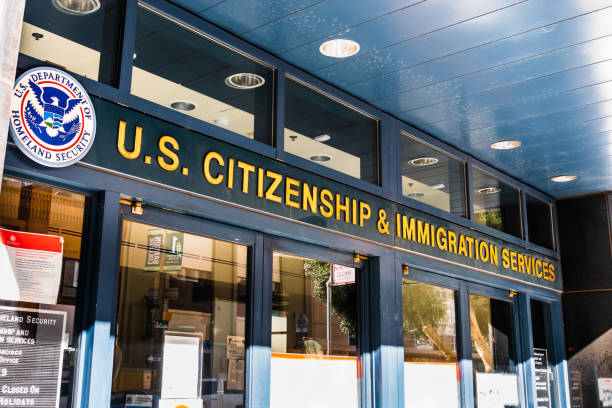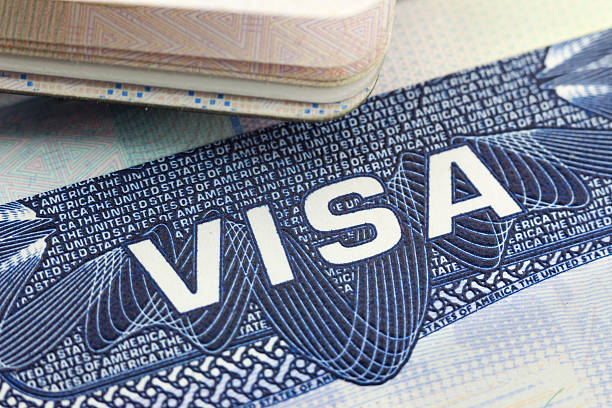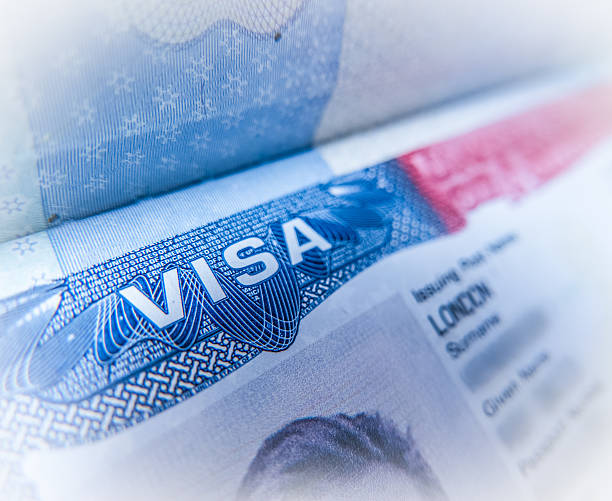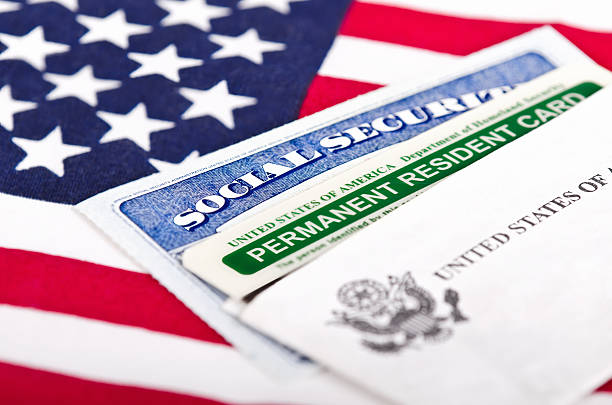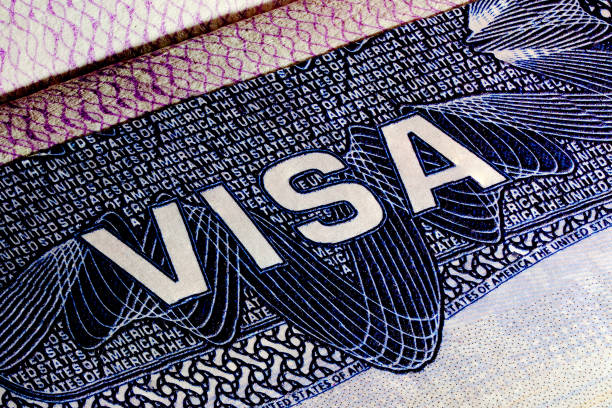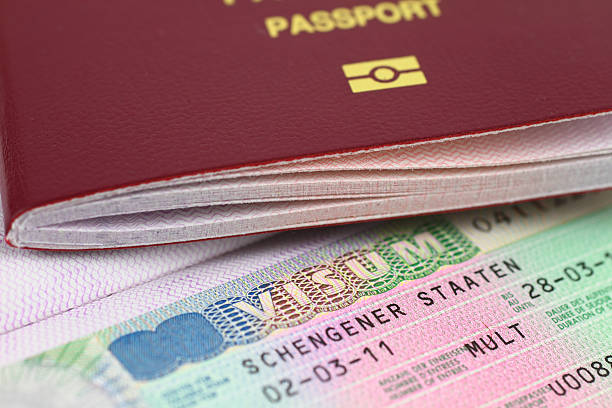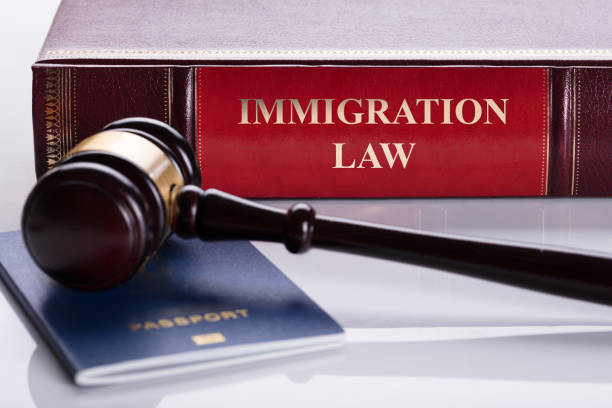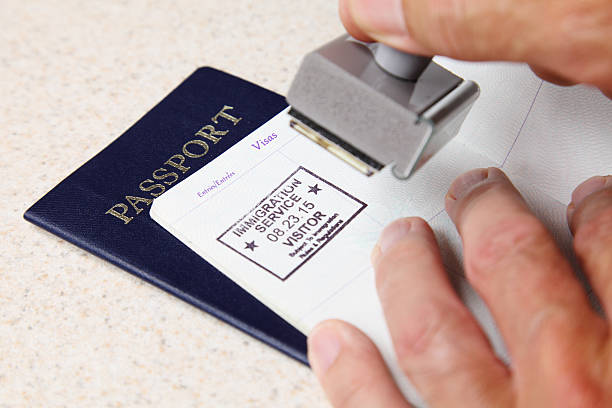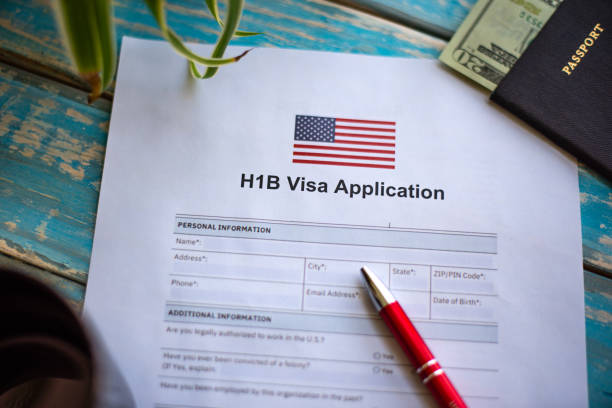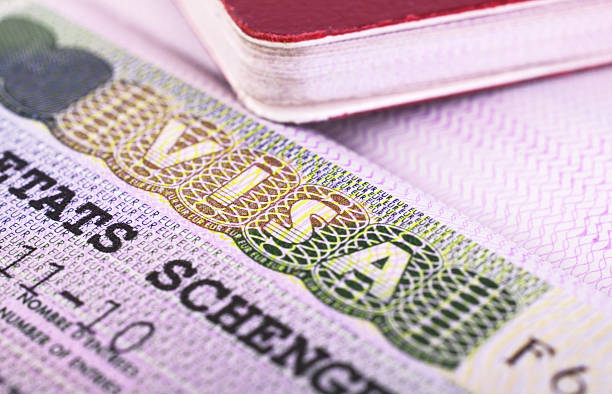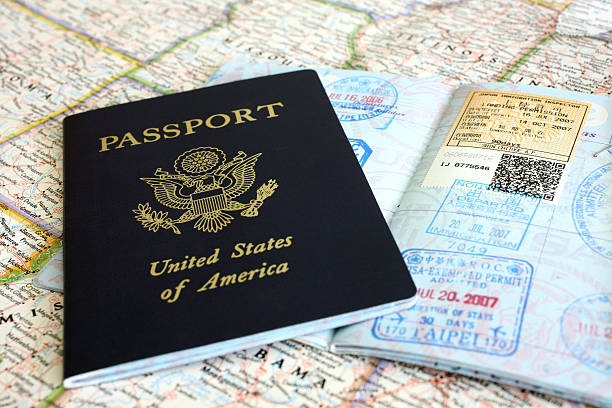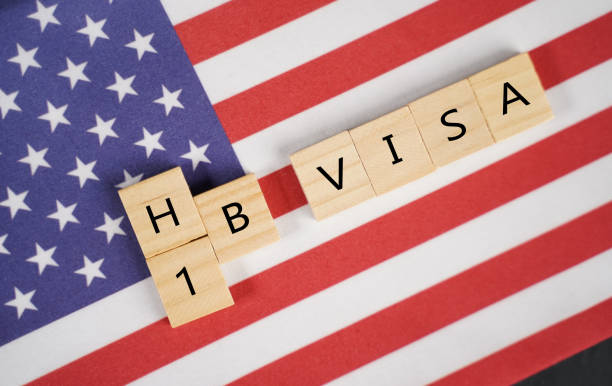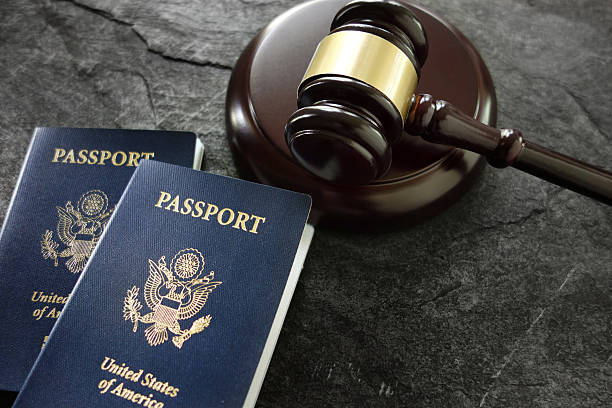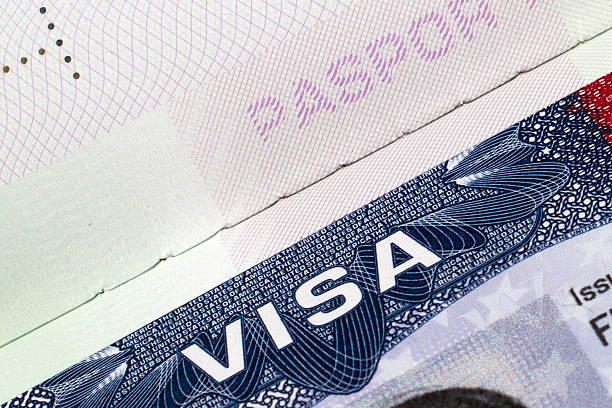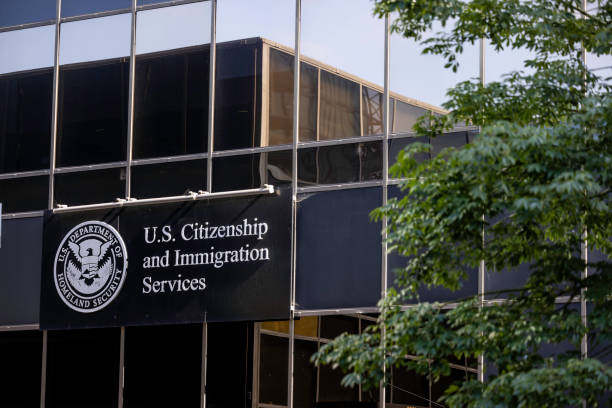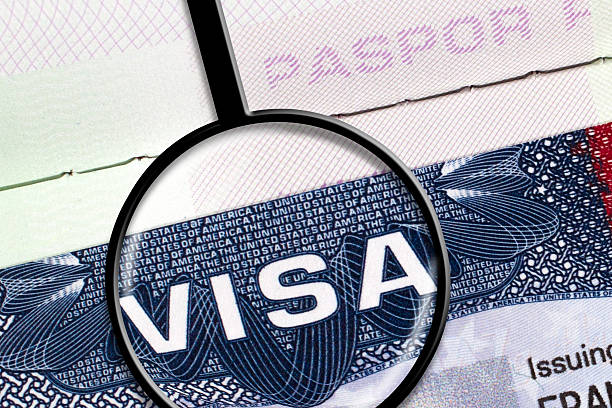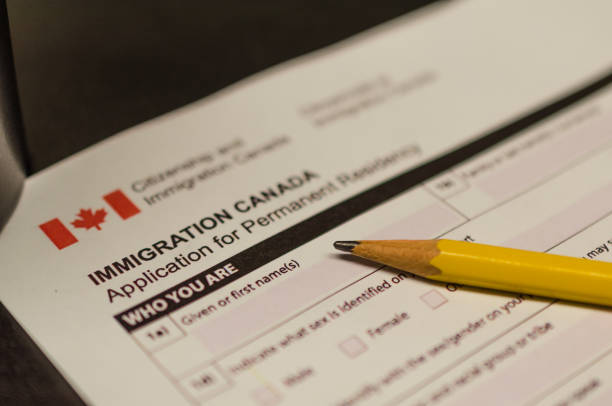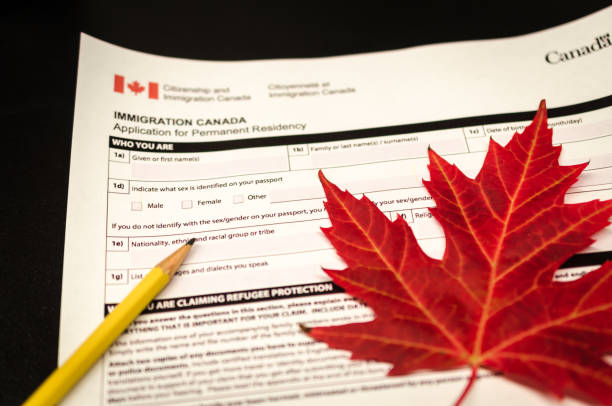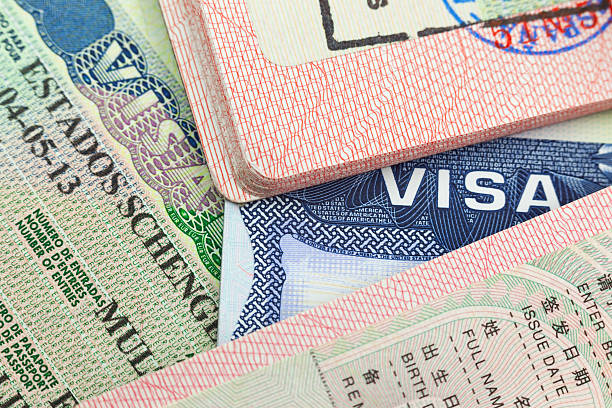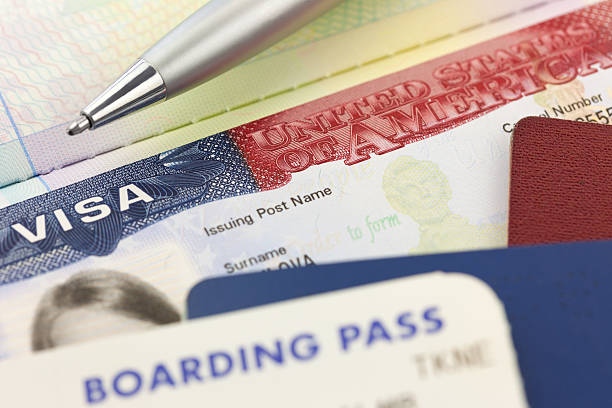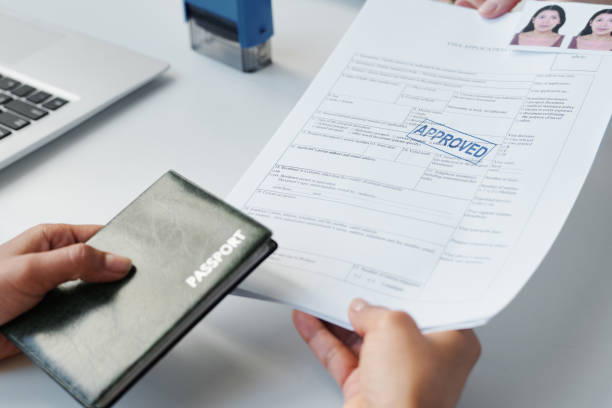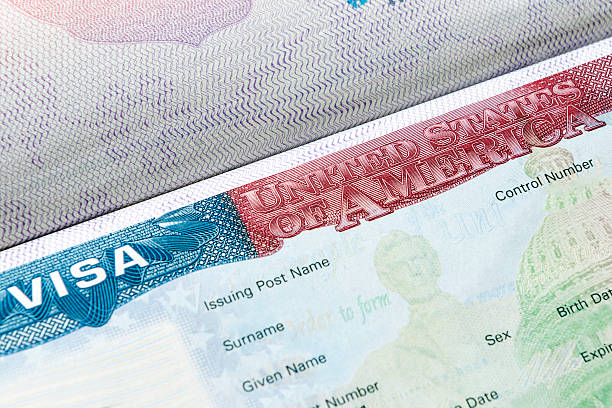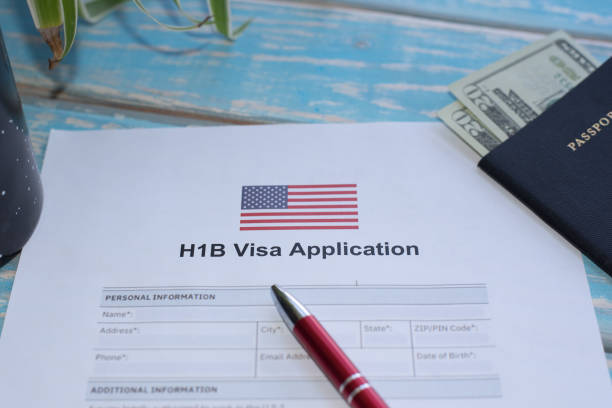
How to Navigate Immigration Laws as an LGBTQ+ Individual
How to Navigate Immigration Laws as an LGBTQ+ Individual
Immigration laws can present unique challenges for LGBTQ+ individuals, as legal recognition and protections vary significantly across countries. Understanding how to navigate these laws is crucial for ensuring a smooth immigration process and securing your rights. Below is a comprehensive guide to help LGBTQ+ individuals navigate immigration laws effectively.
1. Understand the Legal Landscape in Your Destination Country
Before applying for a visa or relocating, it is essential to understand the legal status and rights of LGBTQ+ individuals in your destination country. Some countries offer strong protections against discrimination, while others may have less inclusive or even hostile environments.
For up-to-date information on LGBTQ+ rights and legal protections in various countries, visit resources like ILGA World and Human Rights Watch.
2. Research Visa Requirements and Protections
Different visa categories may have varying requirements and protections for LGBTQ+ individuals. Ensure you research the specific visa requirements and any protections related to sexual orientation or gender identity.
Check official immigration websites or consult with legal experts. For example, the USCIS website provides information on visa applications and related procedures in the United States.
3. Gather Supporting Documentation
When applying for a visa or residency, you may need to provide supporting documentation to demonstrate your LGBTQ+ status or relationships. This could include evidence of a same-sex relationship, proof of your gender identity, or other relevant documents.
Resources like Gay Travel and Stonewall offer guidance on navigating these requirements and obtaining necessary documents.
4. Seek Legal Assistance
Given the complexities of immigration laws and the potential for discrimination, seeking legal assistance from an immigration attorney with experience in LGBTQ+ cases is highly recommended. They can provide tailored advice and help you navigate the process effectively.
Consider reaching out to organizations like The National LGBT Bar Association or Asylum Advocacy Project for support and resources.
5. Be Prepared for Potential Challenges
Despite legal protections, LGBTQ+ individuals may face challenges during the immigration process, such as discrimination or lack of understanding from immigration officials. Be prepared to address these issues and seek support if necessary.
Visit the Amnesty International website for information on advocating for your rights and dealing with discrimination.
6. Know Your Rights and Protections
Understanding your rights and the legal protections available to you is crucial. Familiarize yourself with the anti-discrimination laws and support systems in your destination country.
Organizations like ACLU and GLAAD offer information and resources on LGBTQ+ rights and advocacy.
7. Stay Informed About Policy Changes
Immigration laws and policies can change frequently, and these changes can impact LGBTQ+ individuals. Stay informed about any updates or reforms that may affect your situation.
Subscribe to newsletters from organizations like OutRight Action International and follow updates from EqualDex for the latest information on LGBTQ+ rights and immigration policies.
8. Build a Support Network
Connecting with LGBTQ+ communities and support networks in your destination country can provide valuable resources and support during your immigration process. Building a network of friends and allies can also offer emotional support and practical advice.
Explore organizations like InterPride and LGBT Centers for local LGBTQ+ groups and resources.
9. Advocate for Inclusive Policies
Advocating for more inclusive immigration policies can help create a more equitable environment for LGBTQ+ individuals. Get involved in advocacy efforts and support organizations working towards legal reforms and improved protections.
Engage with groups such as Equity Federation and LGBT Map to learn more about advocacy initiatives and how you can contribute.
Conclusion
Navigating immigration laws as an LGBTQ+ individual requires careful preparation, awareness of your rights, and access to appropriate resources and support. By understanding the legal landscape, seeking professional assistance, and staying informed, you can effectively manage the immigration process and work towards achieving your goals in a new country. Remember to leverage available resources and support networks to make the transition as smooth as possible.








